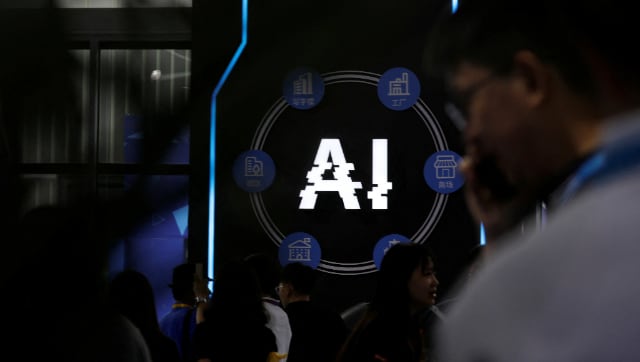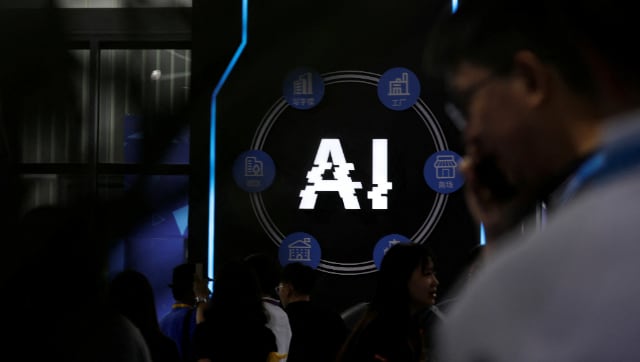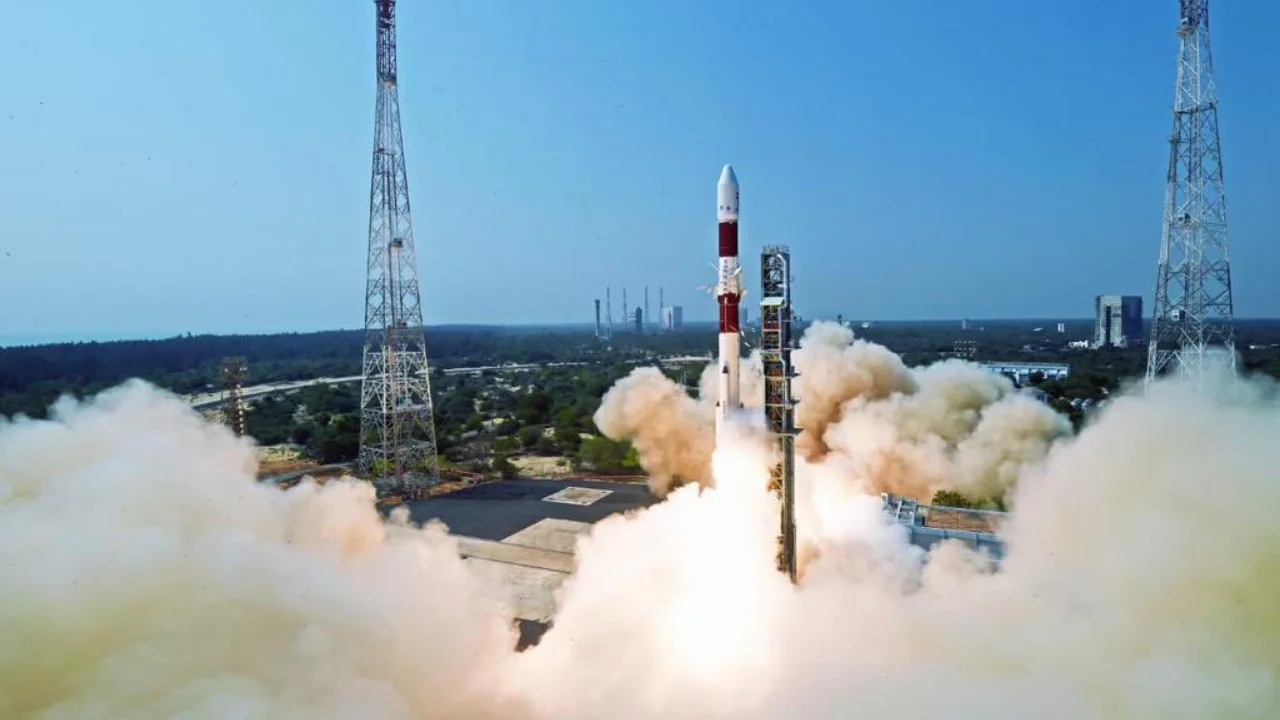
It seems that Europe’s colonial mindset just refuses to die. After dictating how various aspects of tech should be used for ages, it now wants to set the tone and guidelines for how other countries, especially in Asia regulate AI
The EU aspires to establish its proposed AI Act as a global standard for this rapidly advancing technology, just as its data protection laws have influenced global privacy standards. However, this endeavour to persuade Asian governments to adopt stricter regulations has received a lukewarm response, according to seven individuals familiar with the discussions who spoke to Reuters. Many countries are adopting a cautious “wait and see” approach or leaning towards more flexible regulatory frameworks.
Senior officials from the European Union EU and Asia have revealed that the EU is actively urging Asian countries to adopt similar regulations on artificial intelligence (AI) by implementing new rules for technology companies. These regulations would include the disclosure of copyrighted and AI-generated content. The EU, along with its member states, has initiated discussions with at least 10 Asian countries, including India, Japan, South Korea, Singapore, and the Philippines, to govern the use of AI in a way that is similar to the EU’s AI Act.
Similarly, the UK, because it is currently presiding over the chair of the UNSC wants to take charge in setting the agenda as well as the tone of AI regulations the world over.
Related Articles
Asian powerhouses want to wait and observe
Due to the confidential nature of these discussions, officials requested anonymity. Singapore, a prominent tech hub in Asia, expressed its preference for observing the evolution of AI technology before implementing local regulations, according to an official from the city-state. Singapore and the Philippines also voiced concerns that hasty regulations might impede AI innovation.
Southeast Asian countries are developing voluntary guidelines. Meanwhile, Japan is inclined towards less stringent regulations compared to the EU’s approach, as it seeks to leverage the technology to bolster economic growth and establish itself as a leader in advanced chip technology.
According to Dutch digital minister Alexandra van Huffelen, the efforts in Asia are part of a broader global initiative led by European nations. These efforts involve discussions with countries like Canada, Turkey, and Israel. In an interview with Reuters, van Huffelen stated that they are exploring ways to replicate and apply the EU’s regulations in other countries, similar to how the General Data Protection Regulation (GDPR) has been implemented and mirrored.
Differing agendas
In June, EU lawmakers agreed on a pioneering set of draft rules designed to regulate AI. These rules would require companies, including operators like OpenAI, the operator of ChatGPT, to disclose AI-generated content, differentiate between deep fake images and real ones, and establish safeguards against illegal content. The proposed legislation also includes provisions for financial penalties in case of rule violations.
However, the proposed regulations are facing resistance from companies. Last month, 160 executives signed a letter warning that the legislation could jeopardize Europe’s competitiveness, investment, and innovation.
Despite the challenges and resistance faced by the proposed regulations, officials from the European Union (EU) remain optimistic about finding common ground and advancing cooperation with international partners, particularly in the field of artificial intelligence (AI). The EU has established “digital partnerships” with countries like Japan, South Korea, and Singapore, which provides a foundation for collaboration on technologies including AI.
Thierry Breton, the EU industry chief, expressed confidence that they can protect the interests of the EU while finding alignment with international partners. During his visit to South Korea and Japan to discuss AI and semiconductors, Breton emphasized the shared values between the EU and countries like Japan, suggesting that the regulations governing AI may not be too dissimilar.
Wooing India
In May, the leaders of the G7 economies, including the EU, called for the adoption of standards to create “trustworthy” AI. They also established a ministerial forum known as the “Hiroshima AI process.” While South Korea will continue discussions with the EU on AI regulation, they are particularly interested in the initiatives undertaken by the G7, according to a South Korean official who met with Breton.
Furthermore, the EU aims to leverage the upcoming G20 meetings to promote global collaboration on AI. As the 2023 president of the G20, India will be a key focus for the EU in pushing for international cooperation on AI, as stated by van Huffelen, the Dutch digital minister.












